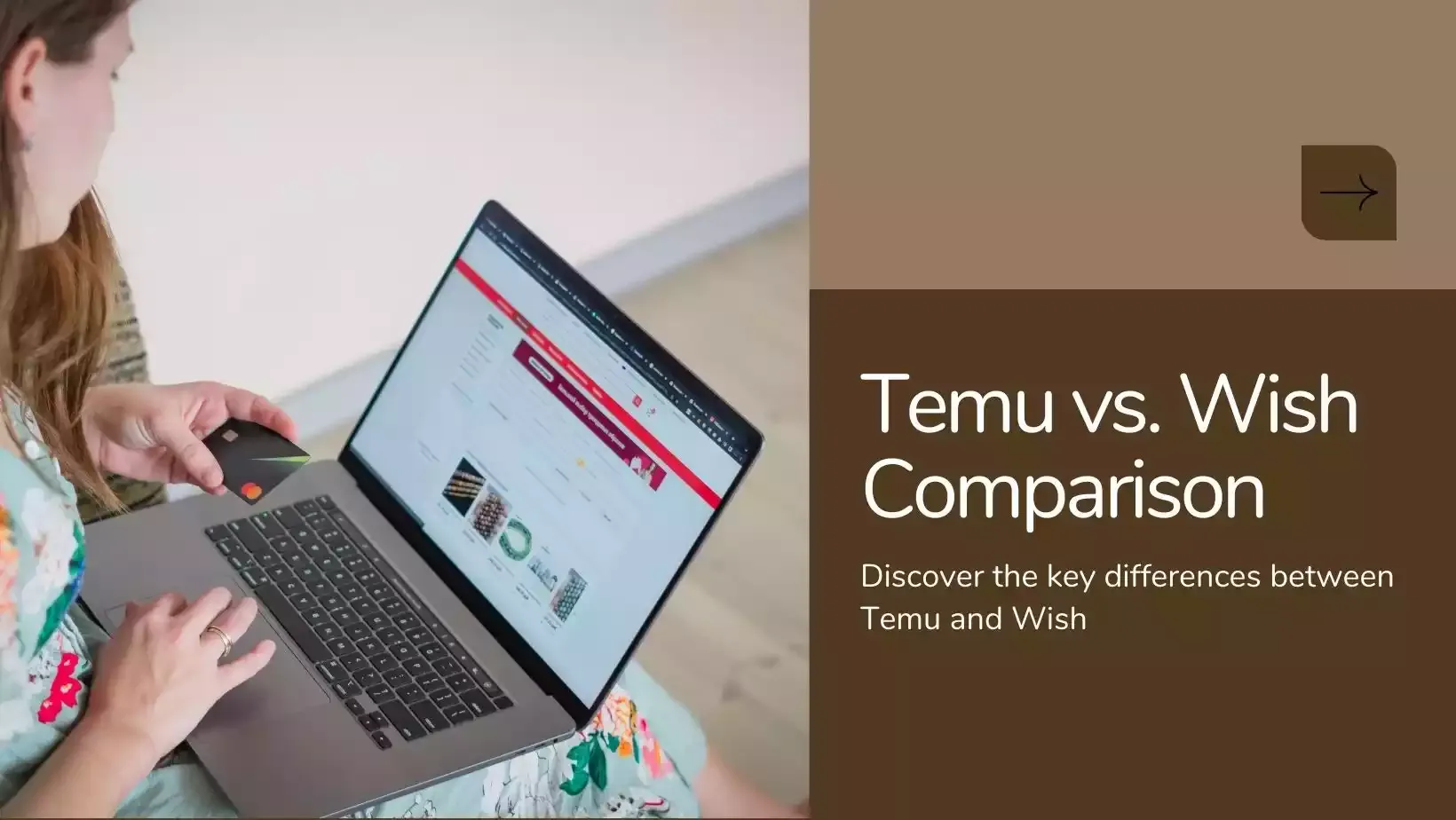
In the world of e-commerce, platforms like Temu and Wish have carved niches by offering low-cost items to consumers across the globe. Both platforms cater to budget-conscious shoppers and focus on direct-to-consumer models, leveraging manufacturers primarily based in China.
However, despite their similarities, Temu and Wish differ significantly in their operations, shopping experiences, and overall strategies. Here’s a detailed comparison to understand whether Temu is like Wish and what sets them apart.
Table of Contents
Overview of Temu and Wish
Temu:
Launched in 2022, Temu is owned by PDD Holdings, the parent company of Pinduoduo, a highly successful e-commerce platform in China. Temu positions itself as a global marketplace that emphasizes affordability without compromising quality. The platform’s tagline, “Shop Like a Billionaire,” underscores its goal to provide diverse product offerings at competitive prices.
Wish:
Established in 2010, Wish has built its reputation on providing ultra-low-cost items directly from manufacturers to consumers. It’s known for its wide array of quirky, niche, and sometimes surprising products. Wish targets impulse buyers, often presenting products at incredibly discounted prices with eye-catching deals.
ALSO READ: Does Temu Accept Visa Gift Cards? Find Out Here
Temu vs Wish: A Comprehensive Comparison Guide
1. Shopping Experience
Product Selection and Categories:
Temu offers a broad range of categories, including electronics, fashion, home goods, and beauty. The platform focuses on curating products that balance quality and cost.
Wish is known for its quirky and sometimes unusual product listings. The variety is vast, but the focus is less on curation and more on sheer volume and affordability.
Pricing:
Both platforms emphasize low prices. However, Temu’s pricing strategy aligns more with providing value-for-money products, whereas Wish often displays products at astonishingly low prices, sometimes with exaggerated discounts.
Product Quality:
Temu has a reputation for better product quality control, given its connection to PDD Holdings and its robust supplier network.
Wish, on the other hand, has faced criticism for inconsistent product quality. Many items may not meet customer expectations based on their listings.
User Interface and App Design:
Temu offers a clean, intuitive interface, similar to mainstream e-commerce platforms, making navigation straightforward.
Wish uses a gamified shopping experience, presenting a continuous scroll of deals that encourage impulse buying.
Shipping and Delivery
Both platforms ship products internationally, often directly from manufacturers in China. However, there are differences:
- Temu generally provides faster and more reliable shipping options, thanks to its investment in logistics and partnerships with global shipping companies.
- Wish has been criticized for slow delivery times, with shipping often taking weeks or even months.
Customer Support and Returns
- Temu offers a more robust customer service experience, including straightforward return policies and quicker response times.
- Wish has faced complaints regarding customer service and complicated return processes, though it has made efforts to improve in recent years.
Business Models
The business models of Temu and Wish highlight one of their fundamental differences:
- Temu benefits from PDD Holdings’ supply chain efficiencies and bulk-purchasing strategies, which allow it to offer competitive prices while maintaining quality.
- Wish primarily connects buyers and sellers, acting as a marketplace without holding inventory. This approach lowers costs but sacrifices control over product quality and shipping times.
Closing Remark On Temu Vs Wish
Temu and Wish may appear similar at first glance due to their focus on affordability and direct-to-consumer models. However, Temu’s commitment to quality, user experience, and logistics places it in a different league.
If you’re deciding between the two, Temu is ideal for dependable, cost-effective shopping, while Wish is better for adventurous buyers seeking unique bargains. Ultimately, your choice depends on your shopping priorities and tolerance for risk.